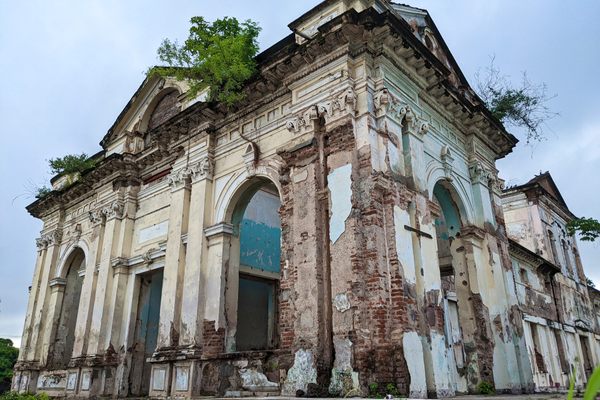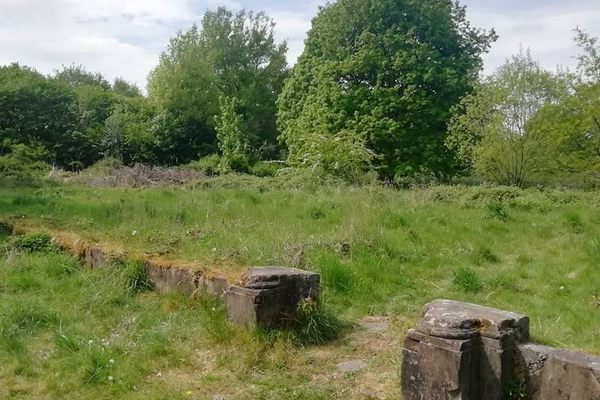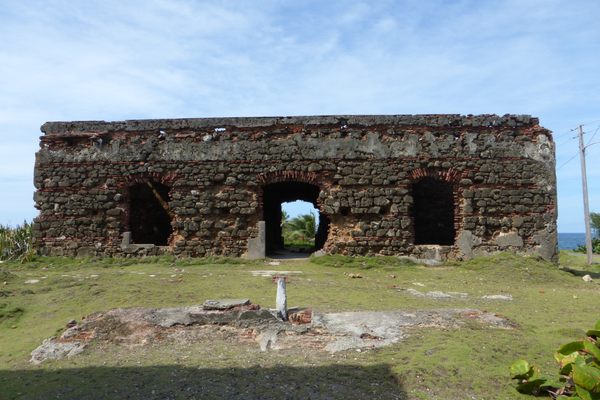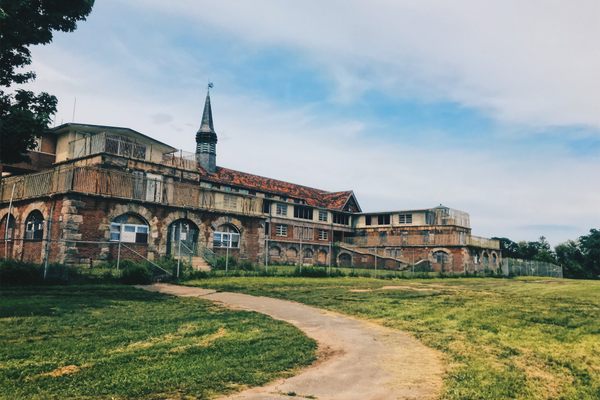About
The grand ruins of the Argyll and Bute Hospital, first known as the Argyll District Asylum, are a fine example of the institutional psychiatric care provided across Scotland from the 1800s onwards. This building stands as a tangible reminder of its once vital role in providing healthcare to the local community of Lochgilphead and the wider area of Argyll and Bute.
Constructed in 1863, this hospital was the first district asylum of its kind to be opened in Scotland and it paved the way for similar asylums to open later that century. The Lunacy (Scotland) Act 1857 formed mental health law in Scotland from 1857 until 1913 and the implementation of this law was a key factor in the opening of the hospital. Over the years, the original building underwent major changes, with the construction of different wings and quarters for staff.
In the 1960s and 1970s, the field of psychiatry saw major advancements with a subsequent change in societal attitudes toward mental illness and treatment. The discovery of many psychiatric medications, improved community-based treatment, and the recognition of the importance of social support all contributed to a shift from institutionalization.
This was the last remaining asylum in Scotland but in the 21st century, Argyll and Bute Hospital went into a period of decline, and in 2016 all remaining inpatients left the site. In 2017, the hospital was officially closed. Despite the building falling into a state of disrepair, it remains a Grade C-listed property and attracts visitors intrigued by the historical significance of the site.
Related Tags
Know Before You Go
Argyll and Bute Hospital is closed to the public. It can be viewed from the fence which runs round the perimeter. There is a path which allows visitors to walk through the forest which gives great views of the hospital.
Community Contributors
Added By
Published
November 8, 2024


































